I had the opportunity to get some hands on time with the Canon EOS C300, not to long ago and I invited Holly Tucket from Flying Hat Productions to Join me on this little adventure. We started out by taking the camera to a little park to film some outdoor footage of children playing and a little conversation on a park bench. We didn’t bring any support or lighting equipment, besides a tripod, to this shoot. We shot in the canon Log mode, internal 50Mbps 4:2:2.
I felt the camera performed very well in this situation. It was a sunny day and we were able to maintain a great amount of detail in the highlights and in the shadows. After getting the camera back into the computer it was very apparent that we had exposed 1 or 2 stops, high, but I was very pleased with how much detail I was able to bring back. I have done a split screen on the video so you can see, especially in the sky, how much detail we were able to recover.
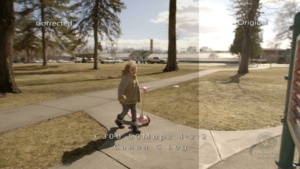
I was very impressed with the footage and I’ve asked Holly tucket to write her thoughts on the camera and footage.
Holly writes”I liked that this camera seemed familiar to me. It has many features of the Canon 5D in the button use and structure, and the menu system was very similar to the Sony EX3. So, it made it really easy to be able to get the camera set up within minutes. The only challenge was getting to the Kelvin White Balance settings. To do that you have to actually get to the Kelvin setting then push the custom white balance button to then open the actually settings to dial in the desired color temperature. That would have been the only reason to open the manual, which we never did.
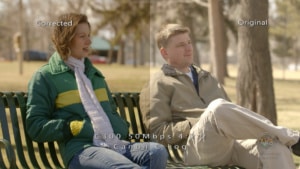
During the shoot outdoors, we were able to use the waveform monitor to set our aperture and it was really slick to have the built-in ND filters to allow to be more open when needed. I feel in looking at our footage afterwards that we ran the camera a little over exposed, so I am not sure that I would push the limits of the waveform monitor as far as we did. The great thing is that the latitude of this camera’s dynamic range allowed for us to even recover some of the information lost in being a little over exposed. AMAZING! What appeared blown out in the sky, was easily tweeked in post-color grading, simply, and helped us recover some of the blue and even the clouds.
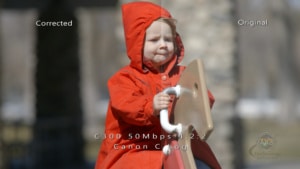
The camera is light and easy to go hand held for low tracking shots without any special rigging. This shoot was just me the camera and a tripod. I really liked having the monitor that comes with it, but found myself having to use the eyepiece to really check what I was seeing without having a monitor hood.
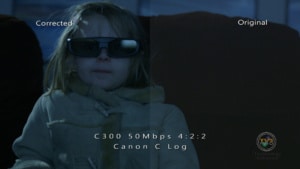
Where this camera really shined for me was in our low light test. We had a dark theatre room with just two small LED onboard camera lights, that we held by hand to light the scene and had the projection light of the screen. The amount of information that we were able to capture was simply amazing and something that I couldn’t do with either my Sony EX3 or my Canon 5D Mark II. The dynamic range of this camera in low light is incredible for the price point.
Bottom line if I had the money to purchase this camera right now for my company I would do it. I think if you are a Canon lens owner/shooter and are looking for something to use for reality/documentary shoots, this camera for the price gives you all you would need to capture those long takes, something that I can only do with my Sony EX3 and just can’t get the same dynamic range or filmic look without loading it down with a Letus 35mm adapter and rail system. Which makes the Sony EX3 a behemoth of a camera to use handheld and makes me tired just writing about it.”
Special Thanks to Holly for her write up on her experience with the camera. Be sure to come down to TV Specialists and get your hands on this great camera.

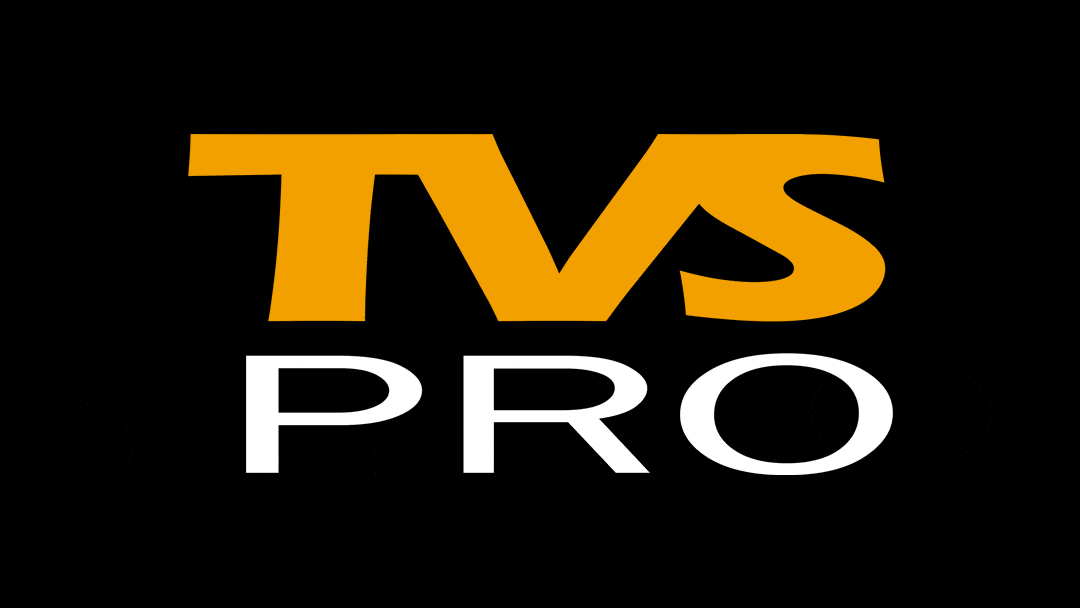
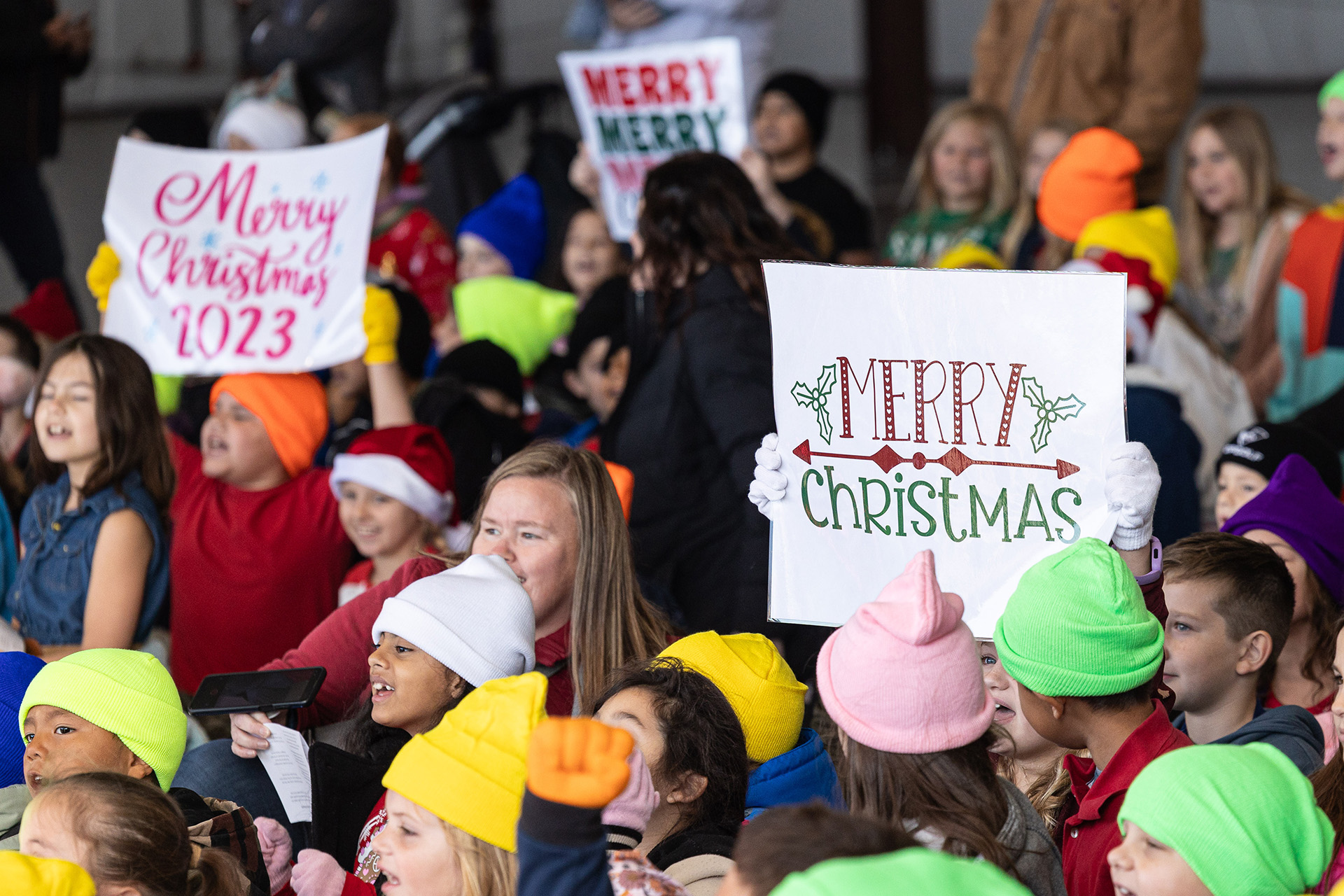
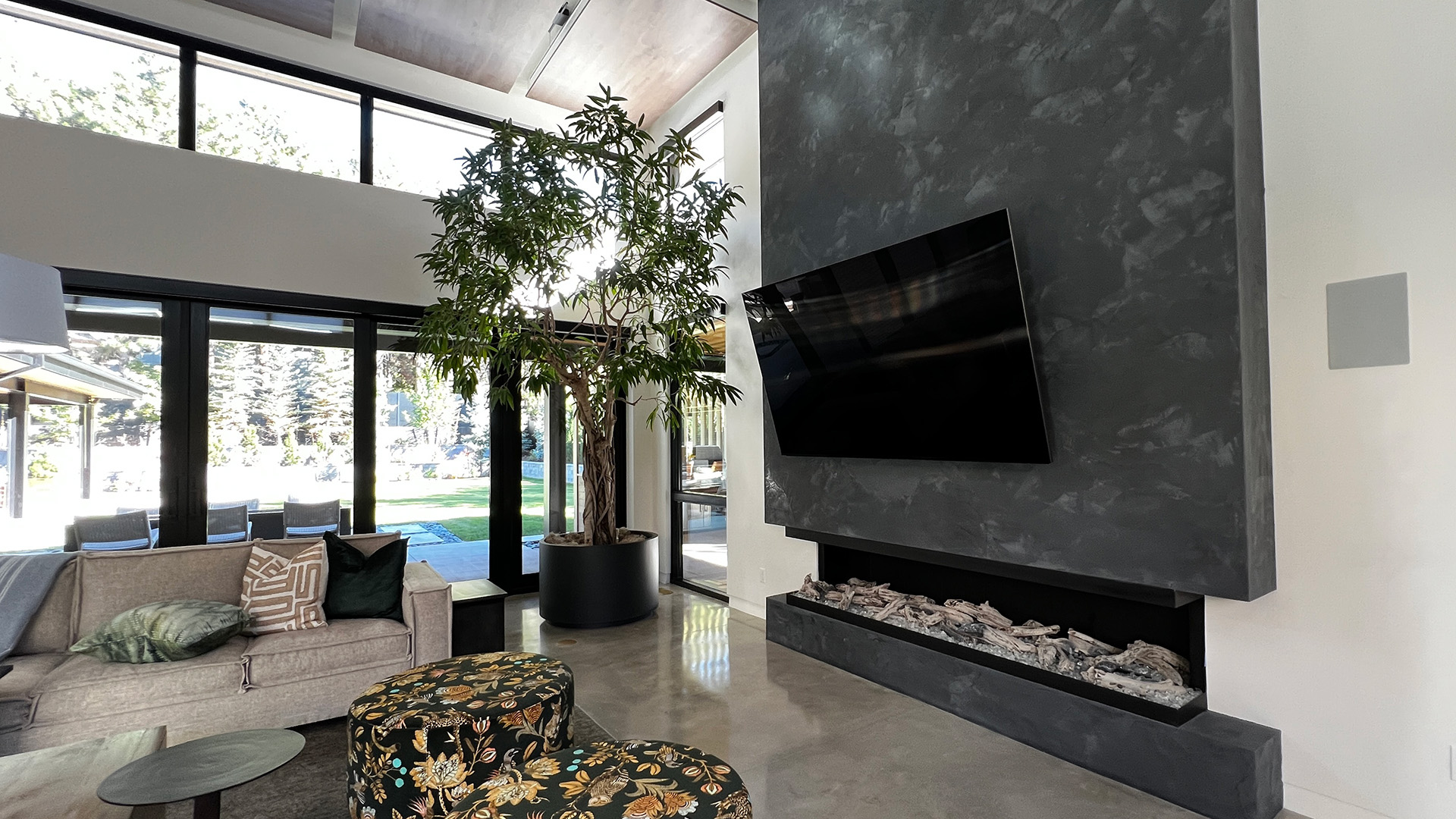
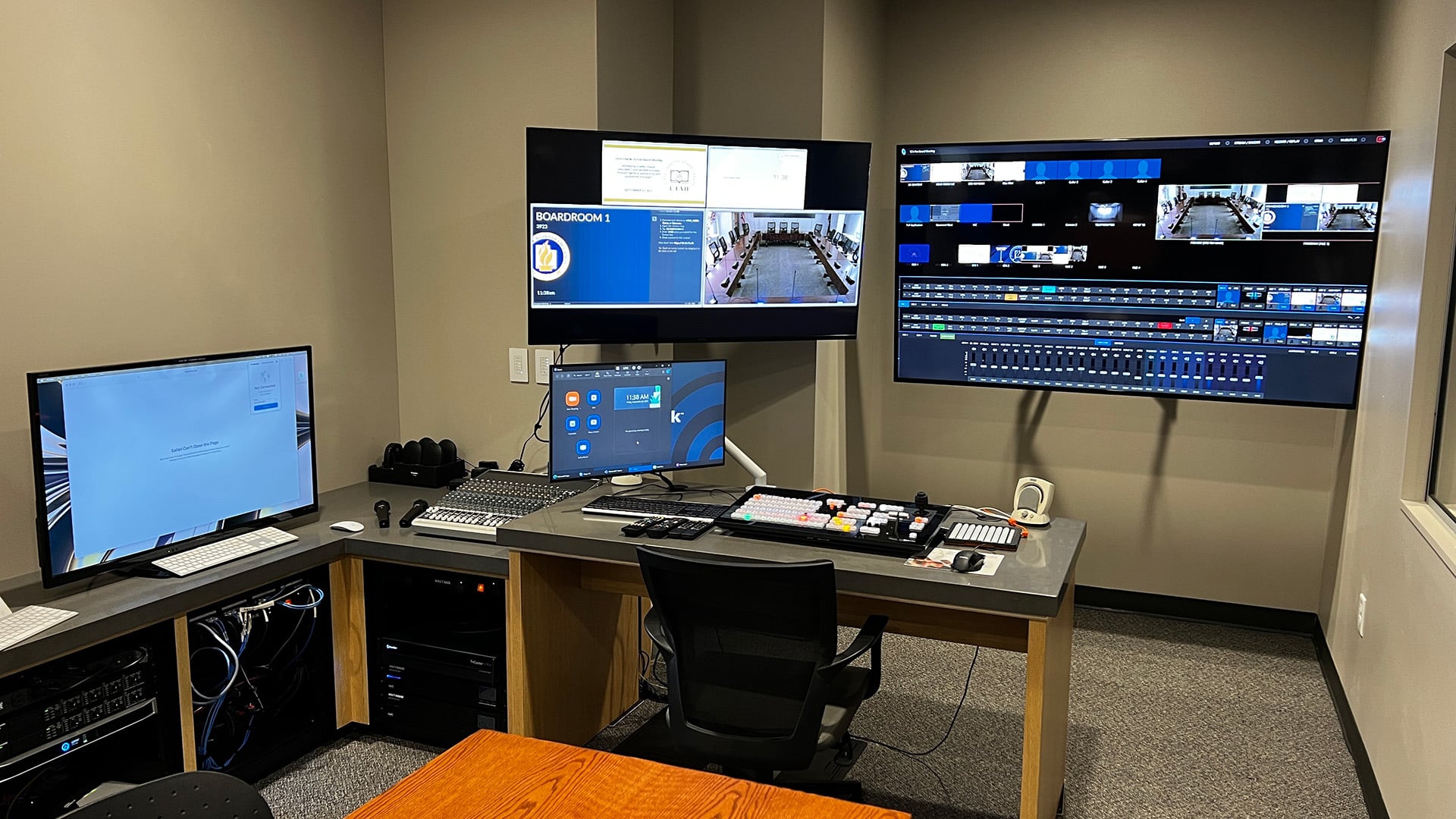
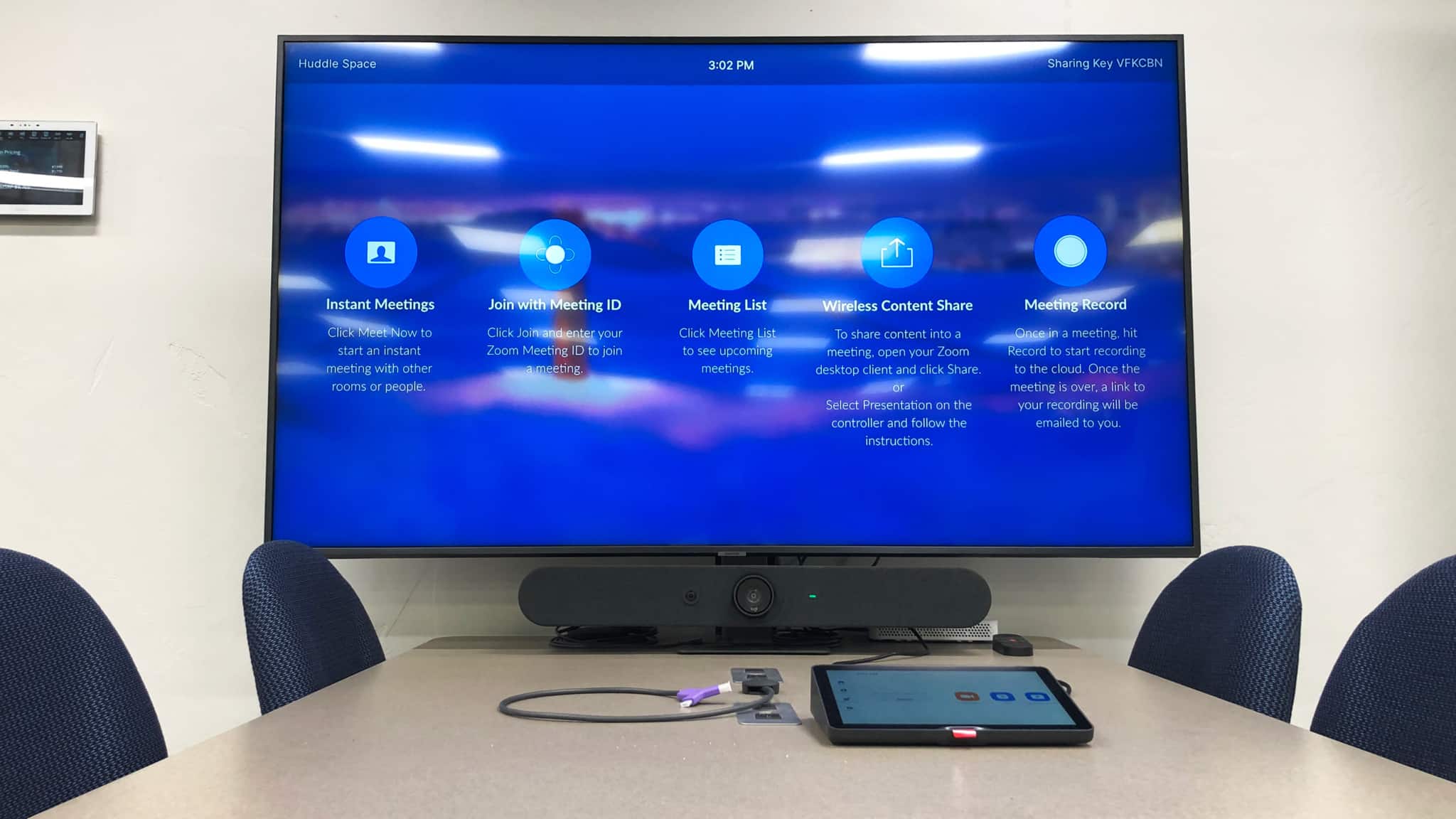
0 Comments